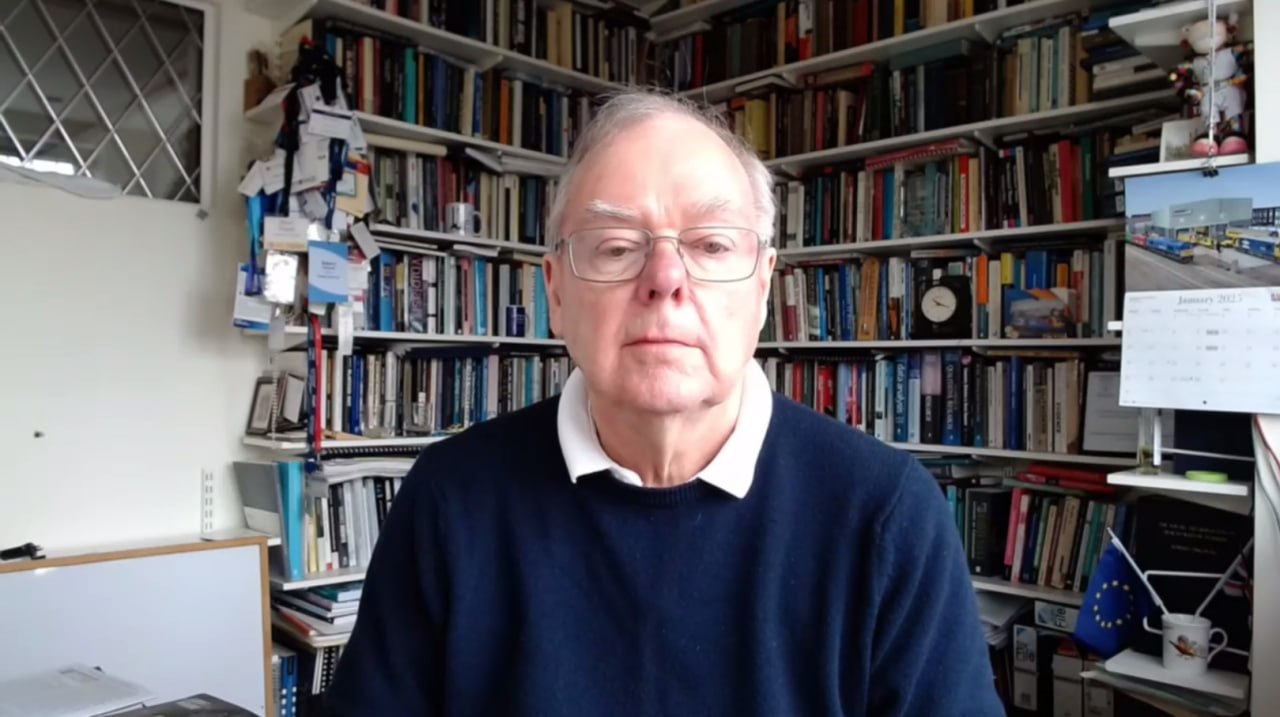UK to recognise Palestinian state unless Israel meets conditions
Mick Napier, Co-founder and spokesperson for the Scottish Palestine Solidarity Campaign, says UK recognition of Palestine would be largely

Mick Napier, Co-founder and spokesperson for the Scottish Palestine Solidarity Campaign, says UK recognition of Palestine would be largely symbolic unless backed by real pressure on Israel. He argues that while recognition could strengthen Palestinians in international legal forums, Starmer’s conditional approach will have “minimal to zero” impact on the peace process. For Napier, the UK’s credibility rests not on statements, but on whether it is willing to end political, economic, and military support for Israel.
1-What are the legal and diplomatic implications of the UK recognizing the state of Palestine under international law?
It would register a further shift against Israel in the international state system, but I don’t think it’s clear what the practical implications would be accept that importantly, a recognized Palestinian state could play an active role in the prosecution of Israel for genocide at international fora.
2- How might the UK’s recognition of Palestine influence its diplomatic relations with Israel and other Middle Eastern countries?
It might cause some slight ripples in the UK, Israel relationship but if the economic and military support continues, the Israelis would probably learn to swallow it. Arab states would welcome it, including those which have normalized relations with Israel.
3- What are the likely impacts of Starmer’s conditional recognition stance on the peace process and negotiations between Israel and Palestine?
The impact will be minimal to zero. Israel has given up even the pretense of negotiating with the Palestinian Authority in Ramallah and Israel’s real negotiations with the Palestinian resistance will be determined partly on the battlefield, and partly by the concern in Western chancelleries at the rising support for Palestine. And hostility towards those supporting the genocide.
4- How significant is the demand that Hamas disarms and plays no role in Gaza’s government in the broader context of achieving a lasting ceasefire?
A lasting ceasefire with Israel is an impossibility since Israel will never abandon the goal of completing the full ethnic cleansing of all the native people of Palestine. Any truce or ceasefire will only be a pause for Zionist project to drive out all the native people of Palestine.
5- What role can the UK realistically play alongside European partners to ensure increased humanitarian aid reaches Gaza amid the current conflict?
It’s very difficult to see since the UK Air Force is still making reconnaissance flights over Gaza on behalf of the Israeli forces committing genocide below. By threatening to withdraw their political, economic, diplomatic and military support for Israel they could force Israel to admit food and other humanitarian aid, but there is no sign whatsoever of any readiness to apply such pressure on their ally, on Britain’s own creation.
6- How might Starmer’s approach affect the internal politics of the UK, particularly within the Labour Party and its stance on Middle East policy?
Starmer is deeply unpopular among the public and support for Israel is minimal and shrinking. Public figures who, in the past have remained silent or even supported Israel. I’ve never abandoned that position. Although Starmers purchase have hollowed out much of the Labour Party, they still have a commitment to electoral survival. Starmer and The Labour Party leadership feel the need to make critical noises about the Israeli mass killings and starvation but until now those noises have been pretty minimal. Expect more of the same in the Labour Party, but not more. Labour Party leaders are well practiced in crying over the unspeakable, suffering of the Palestinians while continuing to facilitate Israel’s crimes against humanity.









